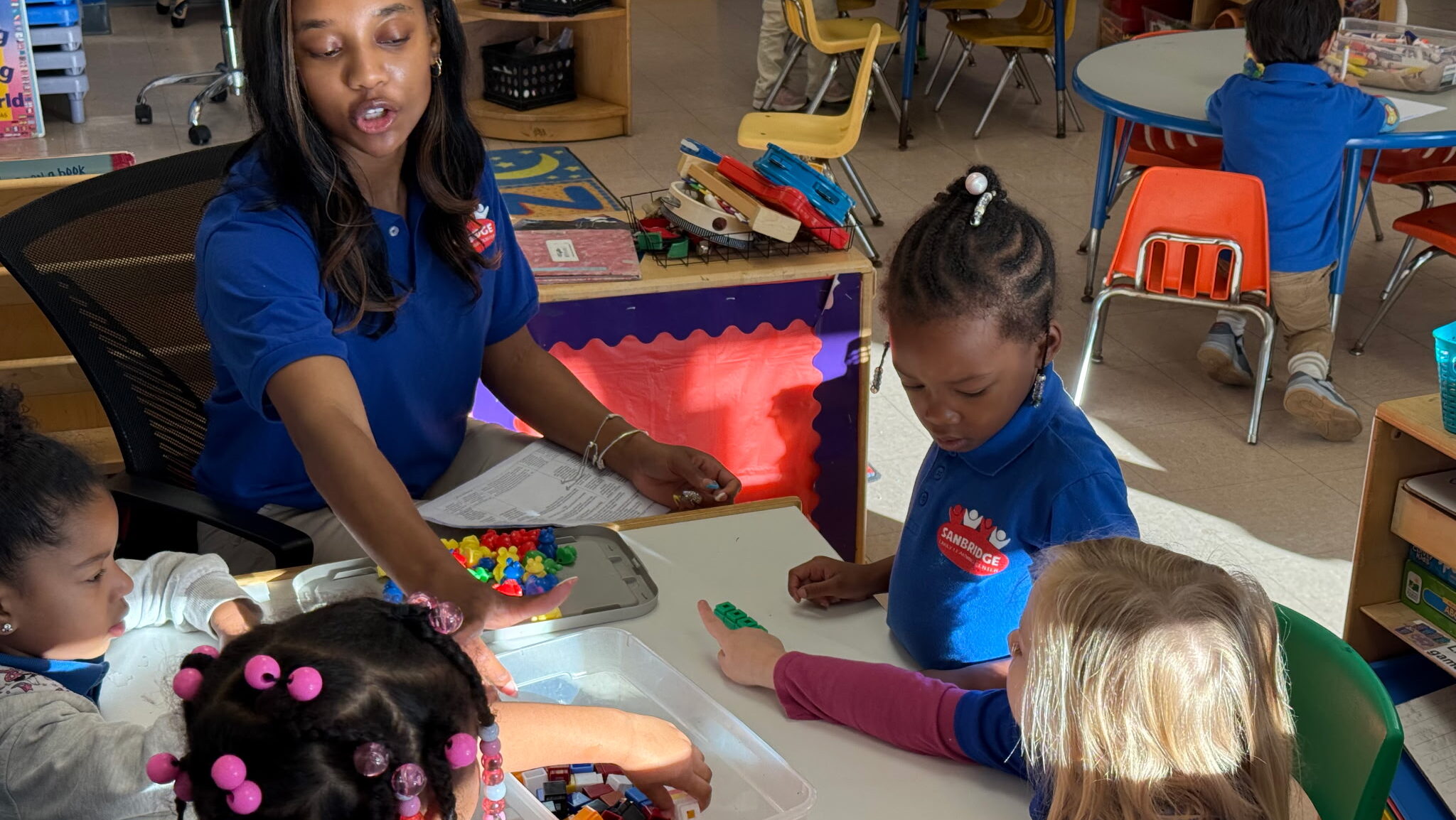Personal development fosters individual growth while enhancing skills and self-awareness. It can facilitate adaptability to life’s changes, maximize your potential and contribute to fulfilling your personal and professional aspirations. The result can lead to a more enriched and purposeful life. But maximizing your potential requires a sound and strategic approach, which is where creating a solid personal development plan and template can assist you.
What is a personal development plan?
A personal development plan (PDP) provides a structured and strategic approach to reaching your personal goals. It provides you with an opportunity for self-assessment, making the planning process itself an opportunity to better understand your drives, goals and needs.
Moreover, PDPs are actionable. By setting goals that are specific, measurable, achievable, relevant and time-bound (that is, SMART goals), you develop a proactive means toward personal growth. And paying careful attention to your plan throughout the process gives you the opportunity to assess your success.
Here are eight aspects of personal development to keep in mind while creating your individualized plan:
- Self-awareness and reflection: Discover your true self with greater understanding of your strengths and weaknesses as well as values, drives and goals.
- Skill acquisition and knowledge: Commit to lifelong learning to gain new knowledge and develop new skills and enhance existing ones for greater empowerment and satisfaction.
- Emotional and mental health: Build resilience while managing stress and developing emotional intelligence.
- Physical health: Emphasis on improving health, including a better diet, proper sleep, exercise and other self-care regimens to enhance overall well-being.
- Relationships: Build and expand your personal network through development and better communication skills and empathy.
- Financial literacy: Relieve unnecessary stress and burdens with a personalized money management plan.
- Time management and productivity: The best time management strategies will increase your productivity while freeing up personal time.
- Spiritual growth: Noted speaker Jim Rohn considered spiritual growth key to personal development, whether that’s through religion, meditation or a connection to nature and the universe.
By identifying these aspects of overall well-being, you can embark on a personal development plan suited to your individual goals and needs.
What are the benefits of a personal development plan?
The decision to create a PDP is your first step toward achieving your goals. It shows a commitment to inner growth and a desire to lead a happier and more fulfilling life. As you dive in, you will develop a clearer understanding of yourself. This clarity fosters self-awareness through introspection. Your plan is not a “wish list” but rather a process of designing a more purposeful existence.
Your plan also provides clarity in making decisions that align with your values and goals. This calibration of your inner and outer worlds enhances personal motivation with a renewed sense of purpose. Monitoring your growth in desired areas of personal development likewise builds resilience as you see yourself more confidently clearing hurdles and navigating setbacks.
Furthermore, a professional development plan emphasizes continuous learning. This augments your adaptability skills so that perceived threats seem more like opportunities. You develop a growth mindset that builds your character and makes you more attractive to others, both personally and professionally. Every task becomes easier as you build a more enriched, empowered and purposeful life.
How do I create a personal development plan?
Crafting a PDP requires commitment. You must be willing to devote quiet time to deep introspection of who you are and who you want to become. With this understanding, you can set specific goals tailored to your personal growth. Each goal should be paired with strategic actions that are stepping stones toward your self-actualization.
It sounds like a lot to take on—but embarking on this journey does not need to be difficult. A personal development plan template provides structure, acting as a roadmap to guide you one step at a time on your lifelong journey.
Use this personal development plan template to get started.
Let’s begin with a personal development plan example to use as your own template.
1. Create a vision statement
Think deeply about what you aspire to and what inspires you. Make a list in multiple columns that addresses where you want to go and what truly motivates you on a daily basis. Then, narrow that list down, crossing off items where desire and motivation don’t align. Start from what remains to develop your personal growth vision statement.
2. Commit to a deep self-assessment
Now that you have brought into alignment what you want to achieve and what motivates you to get there, assess yourself. Identify your personal strengths, weaknesses, opportunities and threats—that is, perform a personal SWOT analysis. Just as these analyses help businesses assess their standing, they also help individuals in developing a plan for personal development.
3. Set SMART goals
Next, set personal development goals for yourself. But remember: Goals are not wishes or dreams. Setting goals for personal development is simple, but it requires discipline. Set your personal goals with the SMART goal strategy in mind—determine goals that are specific, measurable, achievable, relevant and time-bound. To facilitate the ease and success of this stage, consider using a goal-setting worksheet.
4. Determine action steps
Now that you know where you want to go, the challenge lies in getting there. Determine the course of action to achieve what you desire. Some personal development goals may only need a few action steps. Others may require more. The point here is to map out the actions you need to take to achieve your personal goals. Set realistic deadlines that help keep you on track, adhere to them and adjust only when necessary.
5. Use all available resources
Putting step 4 of your personal development plan into action may be the most difficult. Thankfully, you do not need to attempt it without guidance. Experts can assist you. Take time to use available resources such as personal development courses and personal growth books. These proven experts will do more than guide you with tools and strategies; they will inspire you during your growth journey.
6. Track your progress
Tracking your personal development progress is vital to your plan. If you used a SMART goal worksheet to set deadlines, review the tasks regularly to ensure you are staying on track while also setting future goals. You may consider keeping a daily journal. If you choose this method, consider expressing gratitude in your journal, which can provide personal development benefits.
7. Review and adjust
Tracking your daily progress also offers you the opportunity to review and adjust your personal development plan. Go back and look at your worksheet and journal each week with time set aside for a monthly review. If you did not meet your goals, don’t be hard on yourself. You may simply have aimed too high starting out. Adjust your goals and timelines accordingly. And when goals are met, set new ones in incremental steps that adhere to the SMART goal-setting approach.
Ready to maximize your potential but still want help creating your personal development plan? The Win the Day Accelerator, hosted by James Whittaker, can help! The 8-part program is designed to unlock your full potential and help you achieve extraordinary results, personally and professionally.
Photo by mimagephotography/Shutterstock.com
Bryan enjoys the digital space where arts and technology meet. As a writer, he has worked in education, health and wellbeing, and manufacturing. He also assists smaller businesses in web development including accessibility and content development. In his free time, he hikes trails in central Florida.





